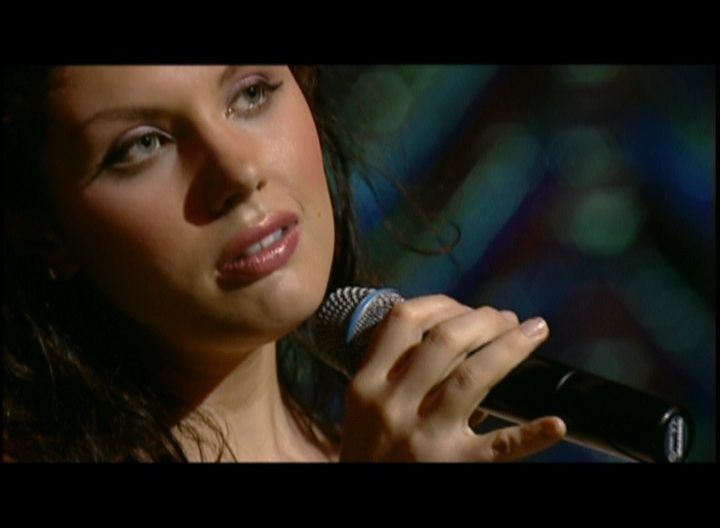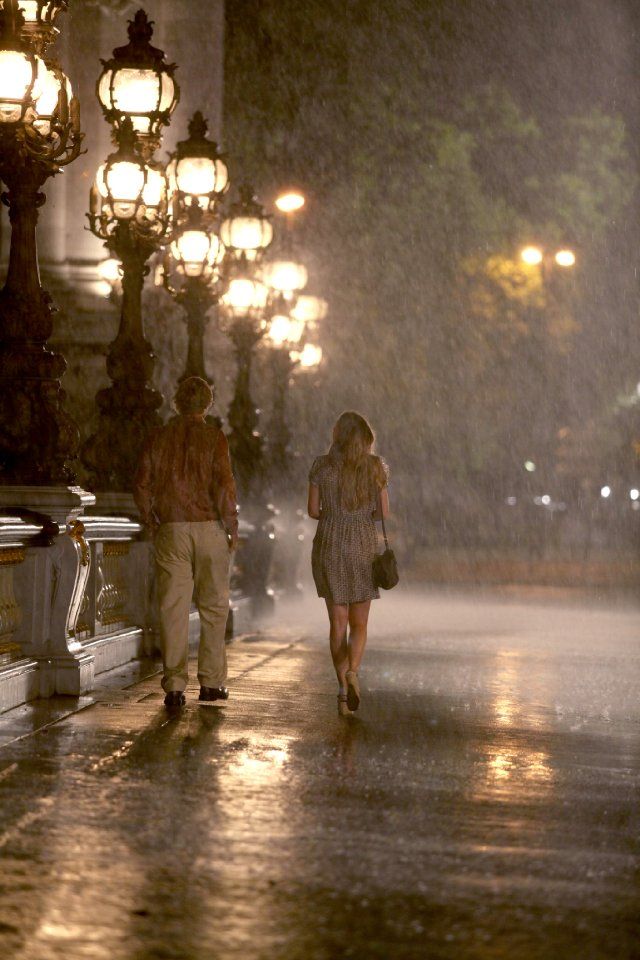Even though I make my living as a writer and editor, discussions about fine points of grammar and syntax usually make me want to go take a nap. English is a mongrel language whose rules, such as they are, often make no logical sense.
Certain so-called rules like not splitting infinitives are pointless. Some professional editors need to be placed in an oxygen tent when they read towards instead of toward, but I discreetly roll my eyes. You find towards in books going back at least to the early years of the last century, when general literacy was in far better fettle than it is now, so why the fuss? It's false precision, like people who write 'til thinking it's short for until. But till is perfectly good English, accepted in every dictionary.
In some quarters, however, fanatics think the third-person pronoun needs to be whipped, punched, and put in its place. This does matter.
Until perhaps 30 years ago it was practically a non-issue. He and his were understood to refer to people of both sexes (not "genders," which is a grammatical term). We can argue till (or even 'til) the cows come home about whether that was "sexist," but it was how the language was constructed.
In Latin-derived languages it never causes any problem because the pronoun takes the masculine or feminine form depending on the noun it modifies. But you also have to know the gender of every noun, easy enough if you grow up speaking the language, sometimes tough if you learn it as a second language; I still have to look up some French words to know whether to use le or la as the article, son or sa as the possessive. German is worse, with its masculine, feminine, and neuter.
So the politically correct "solution" prevalent nowadays is to write his or her. Awkward but tolerable ... if you use it once in a sentence. But that's often difficult unless you write Dick-and-Jane style. (Do schools still use Dick and Jane textbooks? I doubt it.)
Consider even a relatively simple example, from G.N.M. Tyrrell's Grades of Significance:
The world in which a man really lives depends upon the values which he has made his own; and these are not static, but change as life goes on. Call this faculty of absorbing values what you will, it is of fundamental importance in life and always has the same character. Revisit the scenes of childhood, and you will be conscious that childhood's world has vanished. Trees, houses, streets may stand in physical outline much as they did, but all are completely emptied of their one-time significance. This has vanished, and they have become filled with another. For how much does the identity of the physical framework count when the values it once bore for you have changed?This isn't my idea of stylish prose. Upon is more formal but not more correct than on. Of fundamental importance would be better written fundamentally important. And bore as the past tense of bear is accurate, but has a quaint aura. (Some editors would insist which be struck out and replaced with that, a practice known in the trade as which hunting. There is a technical distinction between which and that, but to me it's a distinction without a difference.)
It matters far less to a cultured man that he should leave his physical surroundings and carry on his accustomed social and intellectual life elsewhere, than that he should live a totally different kind of life amongst familiar surroundings.
I would be uncomfortable writing a man in a universal sense, although in 1930 when Tyrrell cast the sentence it was conventional. Substituting a person creates no turbulence. But now apply the gender-inclusive standard and you get
The world in which a person really lives depends on the values which he or she has made his or her own ...and
It matters far less to a cultured person that he or she should leave his or her physical surroundings and carry on his or her accustomed social and intellectual life elsewhere, than that he or she should live a totally different kind of life amongst familiar surroundings.In these two examples, especially the second, the sentence flow is disturbed by speed bumps, he or she and his or her. Yes, it's comprehensible, but clumsy -- anyone with a feeling for the elegance that English is capable of has to wince a little.
The popular trend is to see off he or she in favor of their, as in, "He or she is entitled to choose, as long as their choice doesn't harm anyone else." The switch in one sentence from singular to plural is perhaps no more illogical than using he and his to mean he or she and his or her, but the former seems to me grating, especially in written language.
Many people, even those who've bothered to read this far, would probably say we have more serious problems on our hands than linguistic gender usage. I'd probably agree. But everything is related: when language is constantly twisted into grotesque shapes to suit political fashion, it is less fit for purpose as an instrument for advancing discussion, sifting ideas, or urging action. A culture can't think better than it can speak or write.

















